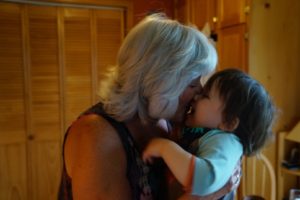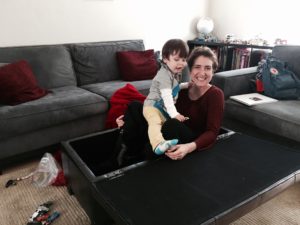HOW TO SUPPORT TWO CHILDREN AT THE SAME TIME
Weekly Activities To Maximize Your Time (And Patience!) With Two Children With Different NeedsThanks for signing up for four of my “Recipes For Play” (providing simple activities that support cognitive, communicative, motor, and social/emotional development). You should receive it as a downloadable PDF in your inbox within the next 30 minutes.
In the meantime, if you’re looking for easy, engaging, uncomplicated activities that still offer a fun way to learn…
Or you’re just not sure if you’re doing the “right things” for your two little people at each of their developmental levels…
This could be exactly what you need to hear right now.
Here’s why:
[Watch this video with closed captions if you’d like to listen without sound!]
-
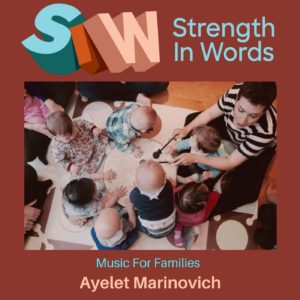
Learn With Less: Music For Families (digital album)
$19.00 -

Learn With Less™ Accelerator Course
$199.00 -
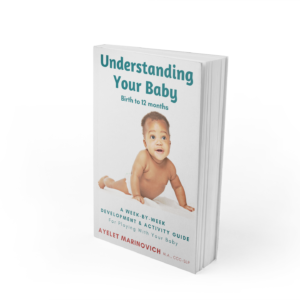
Understanding Your Baby (ebook multimedia package)
$19.00 -

Understanding Your Baby (paperback)
$19.00 -

Understanding Your Baby Multimedia Course Package
$99.00 -
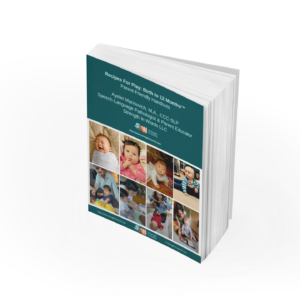
Understanding Your Baby: Recipes For Play (Parent-Friendly Handouts)
$39.00 -
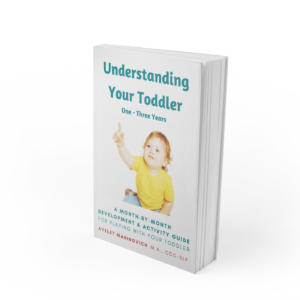
Understanding Your Toddler
$19.00

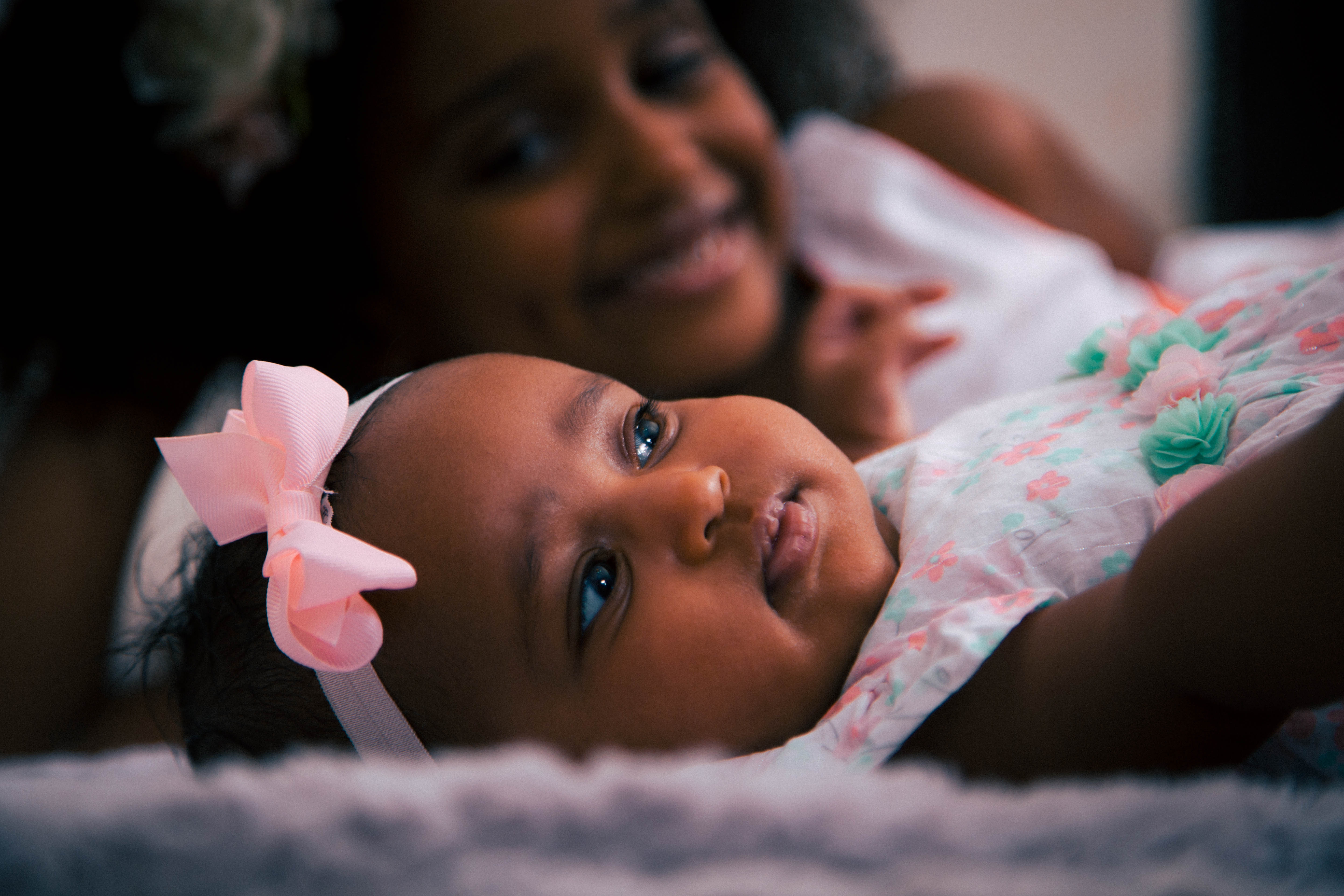
How can we
… keep calm without joining their chaos?
And the big one:
Am I doing enough for either of them?

We want…
… to be spoon-fed what to do.
… to know which activities and materials are the best for each of our young children.
… to know how those activities are going to developmentally impact our young children.
… to find ways to help our children learn to play independently.
Regardless of whether we work full-time or home is our work,
We want to maximize the time we have with each of those tiny humans.
We want to use that time efficiently, and enjoy what we know are fleeting moments.
We want our whole family to not only survive these early years, but also thrive in them.
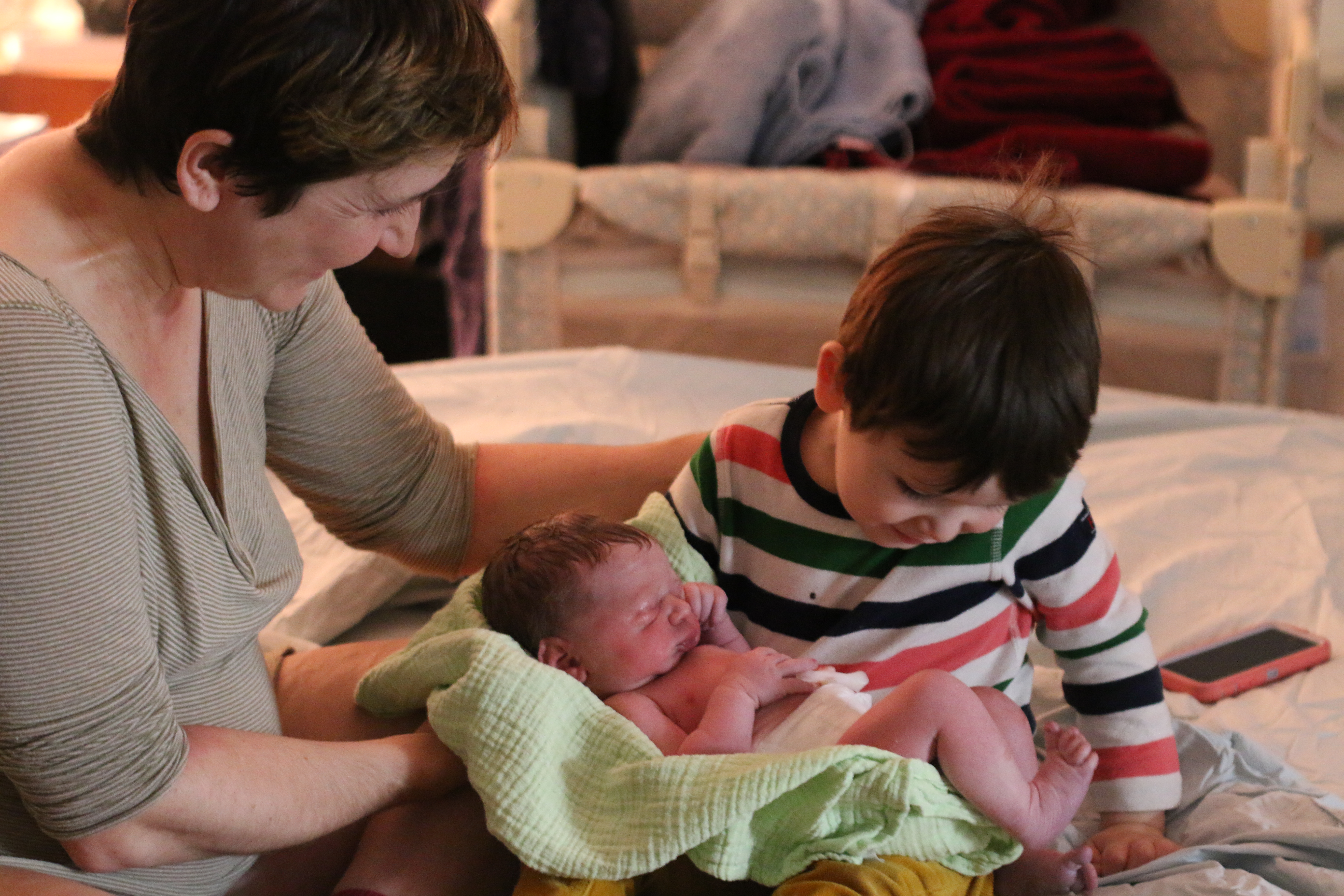
When it comes to playing with both your young children
You want to find a solution that specifically addresses your unique situation: a guide or resource that walks you through the first three years so you feel like you are “getting it right” when it comes to supporting your children’s development, addressing challenges like:
Coming up with low-prep, simple activities to support each of your children’s learning, and thinking of new, engaging ways to use materials you already have when you’re trying to split your time between two tiny people who both need you.
Learning how to help your children communicate to reduce negative behavior and minimize (everyone’s!) frustration, and promoting maximal independence while still ensuring everyone is safe!
This is why I’m putting together a set of resources just for parents and caregivers with two young children: a set of recipes for play, and week-by-week development and activity guides for playing with your children from birth to three years. Based on everything you’ve told me and the situation you’re in right now, I think these resources could be helpful for you.
My name is Ayelet Marinovich
I’m the mother of two young children, as well as a pediatric speech-language pathologist. I’ve been working with infants and toddlers and their families for over a decade, now. In a moment, I’ll share with you the resources that I created after melding both my professional and personal experiences.
I’ve worked with many, many families, but it wasn’t until I became a mother myself that I recognized the gift of knowledge I could impart to all parents and caregivers (regardless of their children’s developmental level).
I’m not a “parenting expert”
I don’t believe there is such a thing. Only you are the expert on your children, and even that is a constant evolution. What I do know is the developmental research, and the tips, tricks, and strategies I’ve developed over the years in collaboration with my colleagues in fields like early childhood education, developmental psychology, occupational therapy, physical therapy, and music therapy.
The resources I’m sharing with you are the result of my own deep dive to create high quality, evidence-based guides for understanding and playing with your young children. I’m creating the guides, and a set of recipes for play.
Parenting is easier when we have resources we trust, and I know you don’t have the time or energy to sift through results on “Dr. Google” to find positive, educational resources that help you understand how your children learn and develop. You want to do everything you can to support your young children, and ultimately, to raise wonderful human beings.
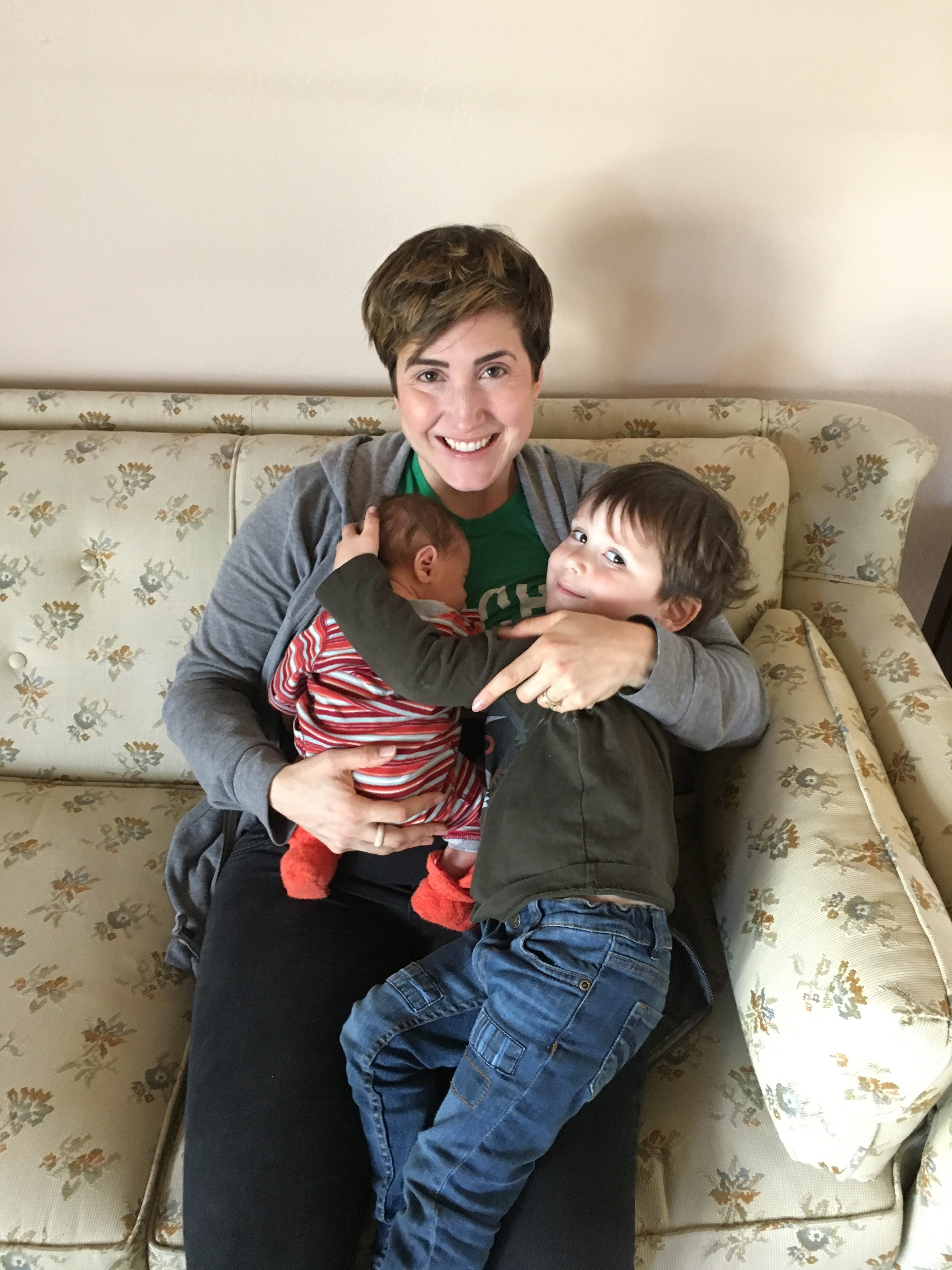
the step-by-step guides to supporting your children’s development…
Distilled, research-based developmental information to play with your babies on a week-by-week basis, guiding you and your young children through the infant and toddler years, from birth to three years old.
-

Learn With Less: Music For Families (digital album)
$19.00 -

Learn With Less™ Accelerator Course
$199.00 -

Understanding Your Baby (ebook multimedia package)
$19.00 -

Understanding Your Baby (paperback)
$19.00 -

Understanding Your Baby Multimedia Course Package
$99.00 -

Understanding Your Baby: Recipes For Play (Parent-Friendly Handouts)
$39.00 -

Understanding Your Toddler
$19.00
what people are saying about our bestselling book, “Understanding Your Baby”
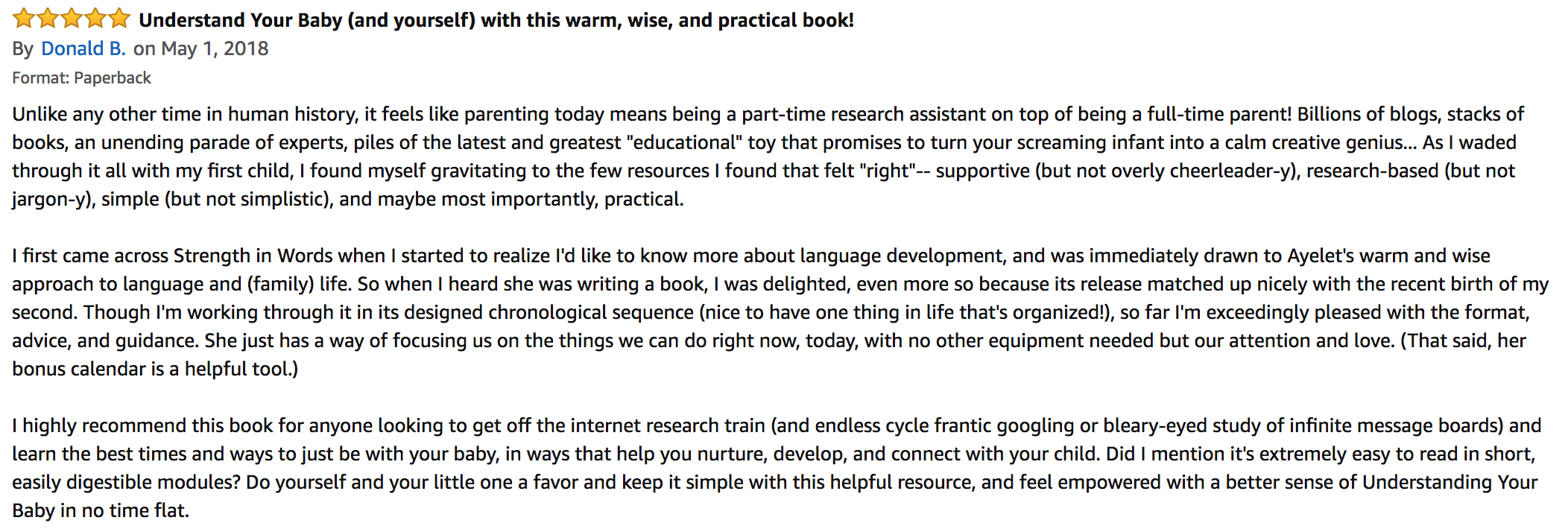
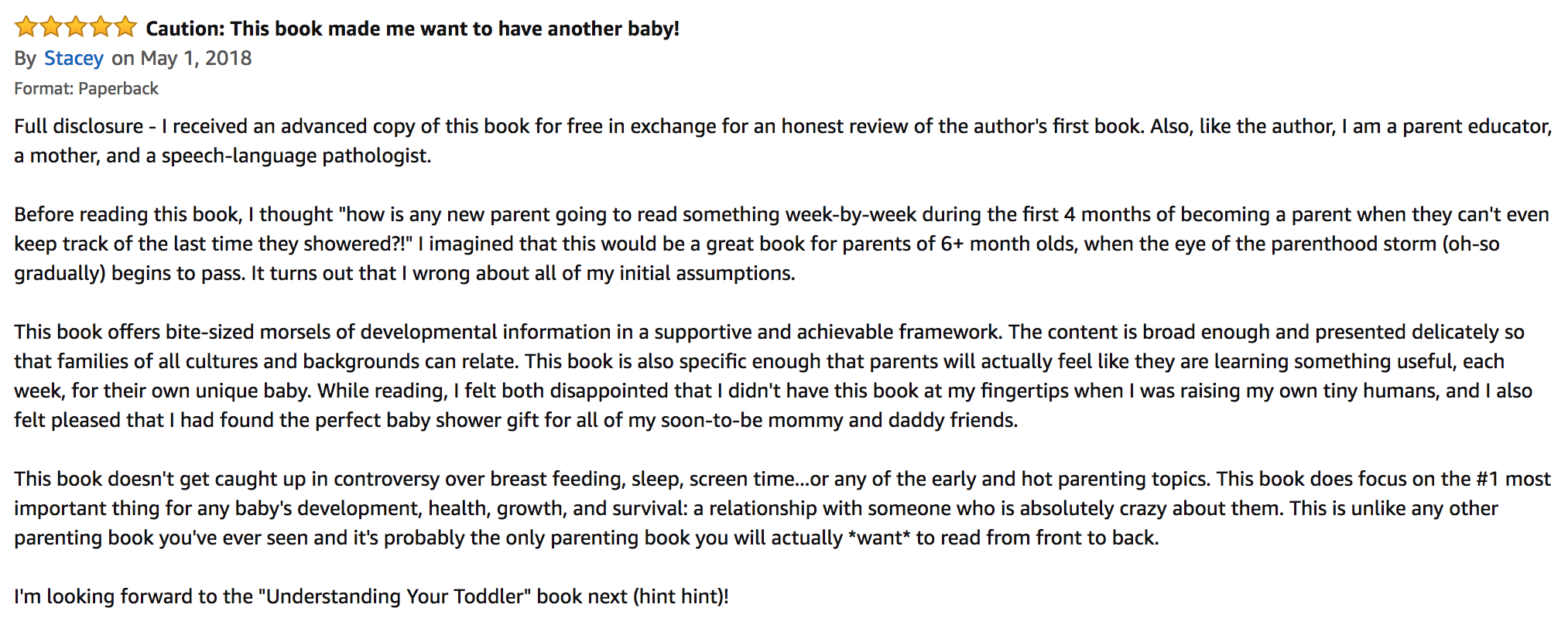
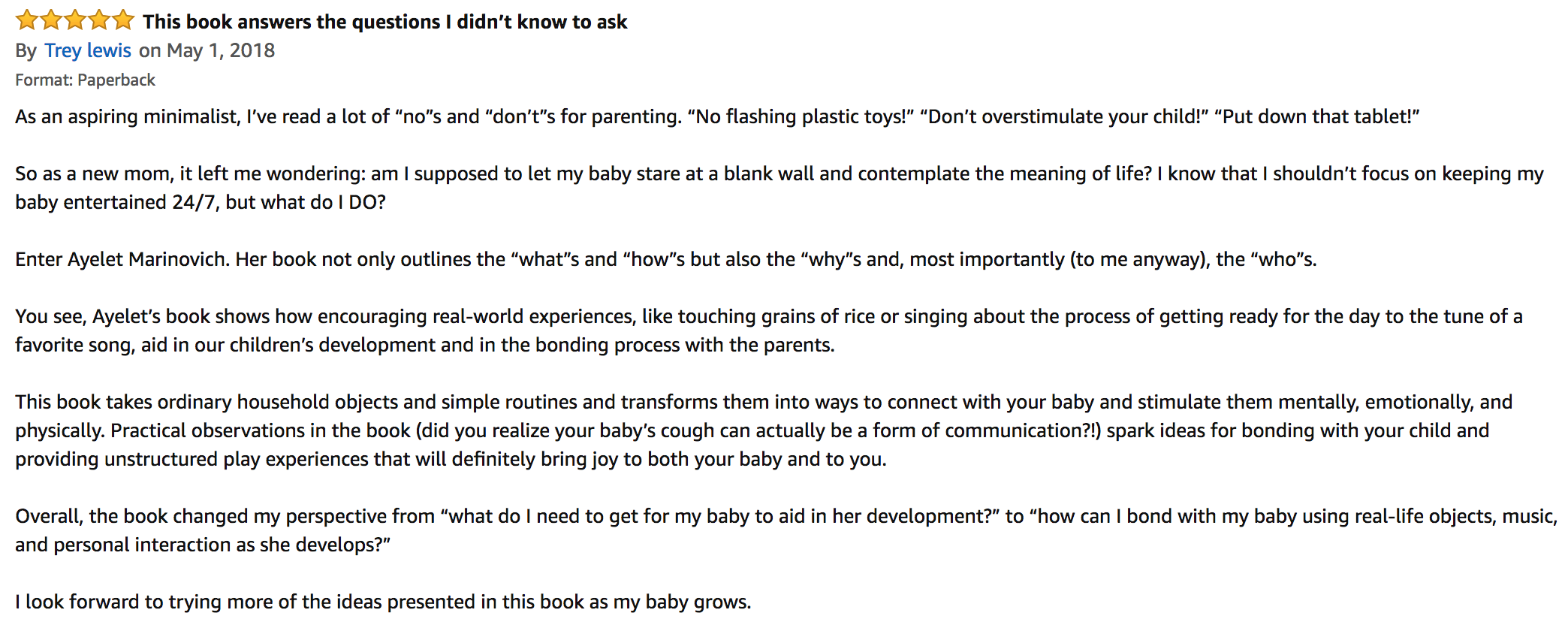

-

Learn With Less: Music For Families (digital album)
$19.00 -

Learn With Less™ Accelerator Course
$199.00 -

Understanding Your Baby (ebook multimedia package)
$19.00 -

Understanding Your Baby (paperback)
$19.00 -

Understanding Your Baby Multimedia Course Package
$99.00 -

Understanding Your Baby: Recipes For Play (Parent-Friendly Handouts)
$39.00 -

Understanding Your Toddler
$19.00
